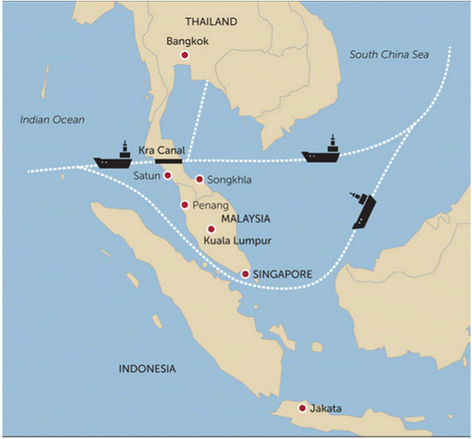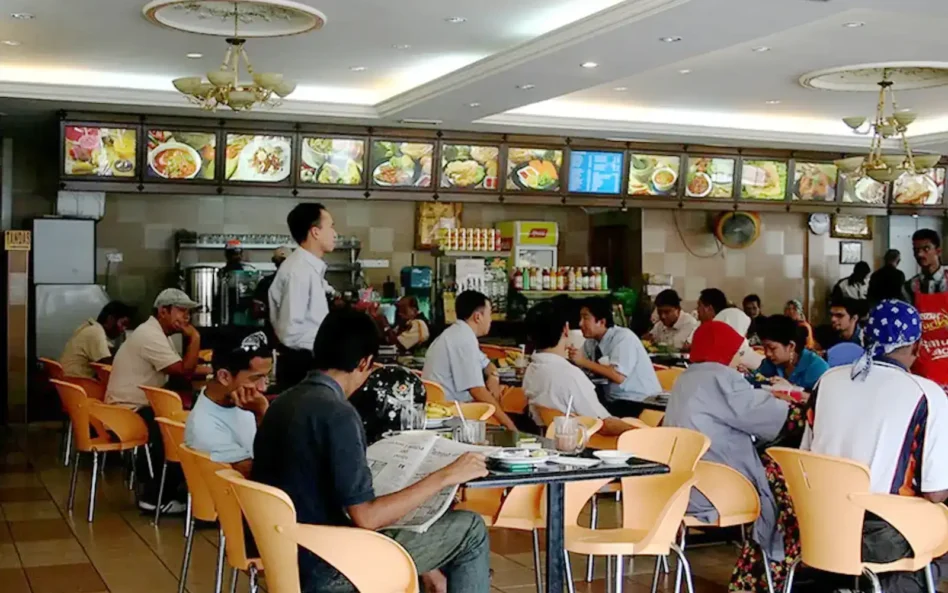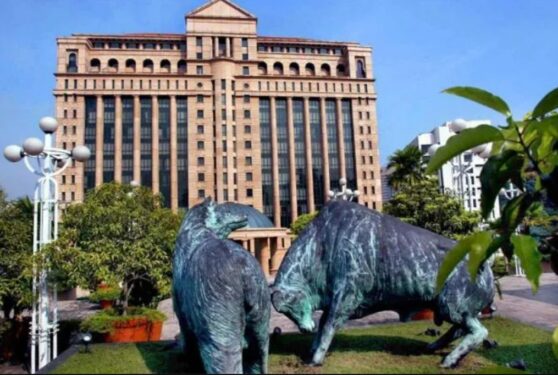By Leonard Yeoh and Pua Jun Wen
THE implementation of the Movement Control Order (MCO) has forced most business premises to remain closed for a one-month-long period, except those that are providing essential services or would have obtained permission to operate during this period.
Many business owners may frown upon the idea of the MCO period being extended further as it rubs salt into the wound by making the already unpleasant financial situation worse. Many employers may have already been mulling over the implementation of cost-cutting measures, including but not limited to salary reduction or even retrenchment, to keep their companies afloat.
However, the Ministry of Human Resources has announced its policies and taken the position that employers are compelled to pay full wages to their employees without deduction or utilisation of their annual leave during MCO.
On March 27, 2020, Prime Minister Tan Sri Muhyiddin Yassin announced the Wage Subsidy Programme (WSP) under the RM250 bil Prihatin economic stimulus package aiming to prevent job loss. Among others, the government will be giving RM600 per month for three months for workers earning below RM4,000 whose companies’ revenue has dropped more than 50% since Jan 1, 2020.
In exchange, employers must ensure that there will be no retrenchment, salary reduction nor forced unpaid leave to be taken by employees during the three-month subsidised period and three months after the subsidised period. For instance, an employer who receives subsidies under the WSP beginning April 2020 are not allowed to take any of the actions up until September 2020.
Will the stimulus package save jobs?
There are concerns that the government’s stimulus package may still be inadequate to incentivise companies against retrenching their employees as it provides only small and temporary relief.
Employers are now left in a quandary as the government’s policies are leaning towards employees’ welfare instead of businesses’ survival. It is impractical and impossible to provide only little help for businesses and expect no job loss in its entirety. It is especially a daunting task for labour-intensive industries, which require large numbers of workers to achieve their business aim.
“Without a sheep, there can be no wool.”
Saving the company or its employees
A business is not a charity. By having low or no income during this period, it may be unrealistic to expect an employer to sustain its employees’ salaries and benefits. Under such circumstances, employers have only one choice – to reduce their business costs.
Facing this dilemma, how should employers decide between keeping their companies afloat or providing jobs to employees despite making losses?
Under the Malaysian employment and industrial relations laws, employers facing genuine financial distress, due to the Covid-19 pandemic or otherwise, may resort to a retrenchment or temporary lay-off of their employees to reduce its operational costs.
However, the most desirable outcome is to keep the company afloat and protect employees’ security of tenure at the same time. While retrenchment should be the last resort, the implementation of wage reduction, unpaid leave and/or reduction in working hours is generally allowed under Malaysian laws, provided it is done in good faith and is part of the employer’s plan to avert or prevent retrenchment.
Wage reduction, unpaid leave and/or reduction in working hours may only be implemented after consultation and perhaps with the consent of employees. Having both employers and employees showing empathy towards one another during these challenging times may be the key for companies to brave through this unprecedented storm.
The WSP may seemingly be an initiative to prevent job loss, but it may not work as the government had wished for. Many employers may choose to comply with the MCO policies despite having little or no income and yet still pay the employees’ wages. It’s possible that more businesses may collapse immediately after the MCO and will not be able to sustain and keep all their employees. Many companies may implement large-scale retrenchments and the country’s unemployment rate will spike exponentially after the MCO period.
By then, the loss may outweigh the gain and the implementation of the policies under the stimulus package may defeat its core purpose to prevent job loss in the medium to long term. – April 3, 2020
Leonard Yeoh is a partner and Pua Jun Wen is a legal associate with the legal firm, Tay & Partners









